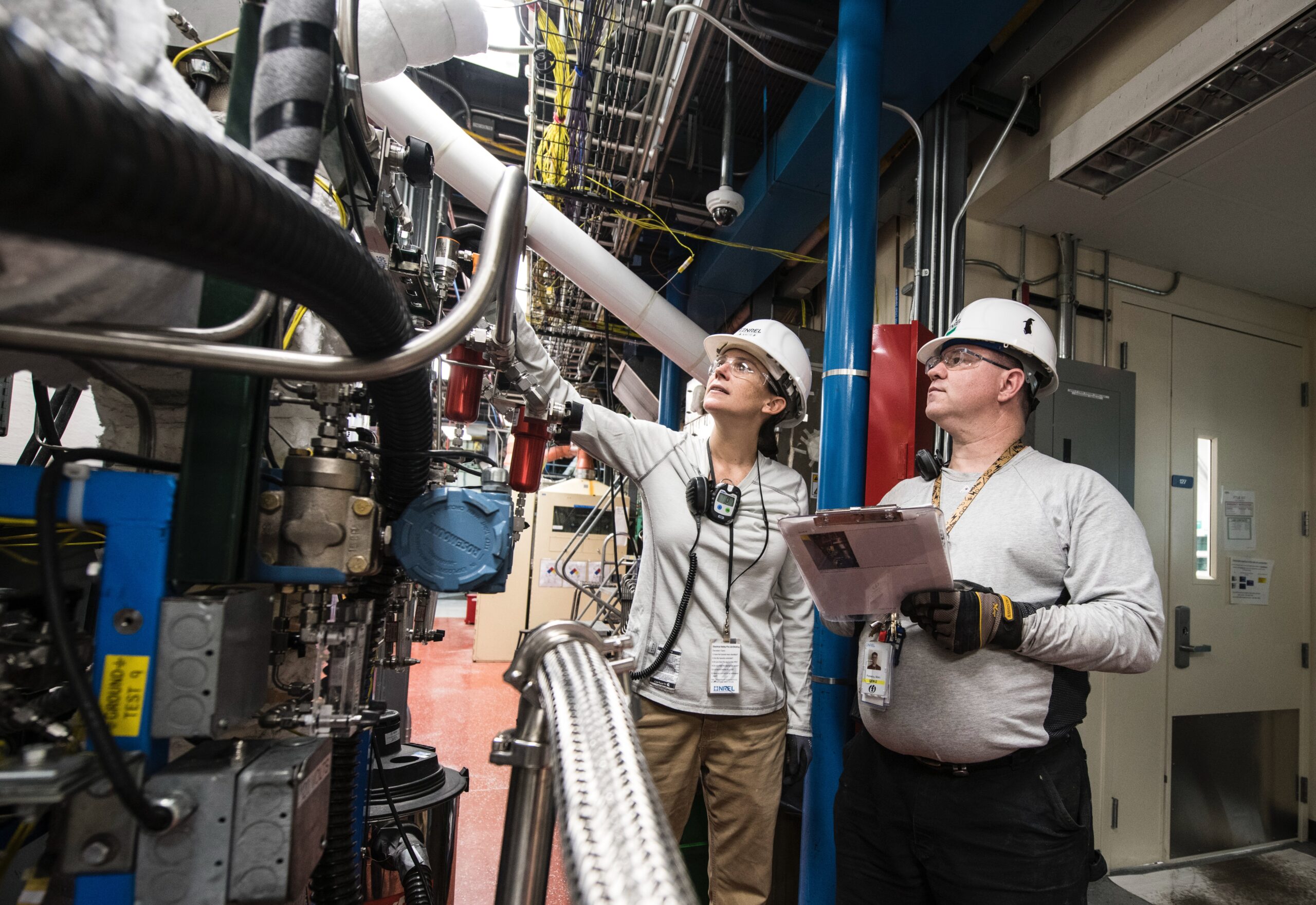A new whitepaper by Global Action Plan and Zehnder Clean Air Solutions finds the quality of the air in the manufacturing sector continues to be underplayed and not acted upon with workers in the UK still being exposed to unhealthy levels of airborne hazards and pollution. The whitepaper further presents a renewed case for tackling air pollution in industry workplaces with urgent actions for policy makers, regulators and manufacturers.
The whitepaper, titled “With Every Breath We Make: Ensuring Healthy Air for Manufacturing Workers”, identifies:
- An estimated 440,000 workers with health conditions that are exacerbated by air pollution are still being exposed to unhealthy levels of airborne hazards and pollution in manufacturing workplaces.
- The presence of airborne hazards causes production issues, product quality and that impacts profit margins.
- Current regulation allows levels of airborne hazards and pollution that are dangerous to manufacturing workers’ health.
- Regulation enforcement is not meeting the necessary standards.
Urgent action is required to protect workers who are unable to work remotely given increasing evidence shows that poor air quality worsens underlying health conditions that make a person more vulnerable to complications if they contract COVID-19 and workers in the manufacturing sector are at greater risk of being exposed to dust, toxic particles and pollution.
The most urgent action from the whitepaper, which is supported by the Trade Unions Clean Air Network (TUCAN) and the Hazards campaign, is to call on the government to update regulation to lower the acceptable limits for air pollutants in the industrial workplace, echoing the call from the Institute of Occupational Medicine (IOM) and Trades Union Congress (TUC) that limits be changed to 1mg/m3 for respirable dust from the current 4mg/m3 COSHH trigger.
In addition to the government call, the whitepaper further advises that regulators review exposure limits of all air pollutants, beyond current regulation and in line with new research which finds that airborne hazards can cause health conditions including heart attacks, cancer, diabetes, cognitive function, and depression. This includes launching long-term research programmes which combine air quality monitoring in manufacturing sites with tracking of workforce health issues.
Manufacturers are also urged to review the business case for action on air pollution, with help from the authorities and adopt measures to eliminate airborne pollution.
For an exclusive overview of the whitepaper, regulators, manufacturers and professionals in the health & safety sector are invited to attend a free virtual seminar, “Every Breath We Make – Ensuring Healthy Air for Manufacturing”. On November 5th at 12pm, Global Action Plan and Zehnder Clean Air Solutions will present an exclusive overview of the whitepaper and provide further detail on the latest scientific evidence as well as what manufacturers can do to protect their workers and advocate for better practices in the sector. Additional guests include MP Geraint Davies, Chair of the All Parliamentary Group on Air Pollution (APPG) and Graham Petersen, Founder of Greener Jobs Alliance.
The full whitepaper, titled With Every Breath We Make: Ensuring Healthy Air for Manufacturing Workers, can be downloaded here: www.cleanairworkplaces.org
Chris Large, Co-CEO, Global Action Plan: “Manufacturers are increasingly paying attention to employee wellbeing, especially as workplaces look to become COVID-secure, but the quality of the air and the working environment continues to be underplayed as a foundation of good employee wellbeing. Regulators must enforce lower limits to protect the hidden heroes who have continued to work throughout the pandemic, especially given ongoing research increasingly links poor air quality to the worsening of COVID-19 symptoms. Current regulation continues to allow unacceptable levels of airborne hazards and pollution that are dangerous to manufacturing workers’ health.”
Ben Simons, Head of Clean Air West Europe, Zehnder Clean Air Solutions: “We’ve been working with our clients in the manufacturing sector for a decade now so we’ve come to understand the importance of Clean Air to their businesses. What this report highlights is both the serious health issues that need to be addressed to protect workers but also the opportunities that there are for businesses to take positive steps which in many cases will be more than paid back by increased efficiency.
Given the challenges posed for the sector in this moment, along with Global Action Plan we felt the urgency to share this with as wider audience as possible to give manufacturers the knowledge and guidance to help them understand the changes they can make now to put their business and people in a heathier, more sustainable position for the long term.
We also want to appeal to lawmakers to ensure that these long-term health effects are not ignored in the current health crisis and that we take the time now to set a course for UK manufacturing that supports its successes in the next decade and beyond.”
Hilda Palmer, Hazards Campaign and the Trade Unions Clean Air Network (TUCAN): “The full harm and inequalities to workers caused by toxic chemicals and dust in workplace air is not captured by official figures but is enormous, killing tens of thousands each year, making hundreds of thousands seriously ill. Trade union safety reps using their full legal rights to consultation, involvement in risk assessments and safe systems of work, have reduced workers exposure to many toxic substances, and made union organised workplaces far safer and healthier. We welcome this initiative to increase the rights of all workers to reduced exposure levels and increased enforcement of health and safety law, especially the control hierarchy of the Control of Substances Hazardous to Health, COSHH, Regulations. Workers and trade unions are at the forefront of the fight to eliminate and substitute harmful substances first, use effective engineering controls, administrative controls next, and PPE only as a last resort.
Trade unions in TUCAN want to create cleaner jobs for all workers and citizens by removing unequal exposure to the toxic substances that kill and make them ill.”
